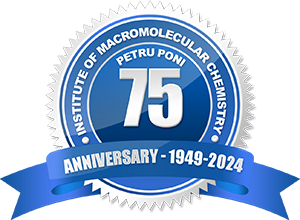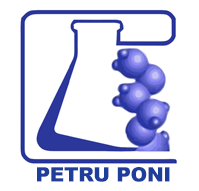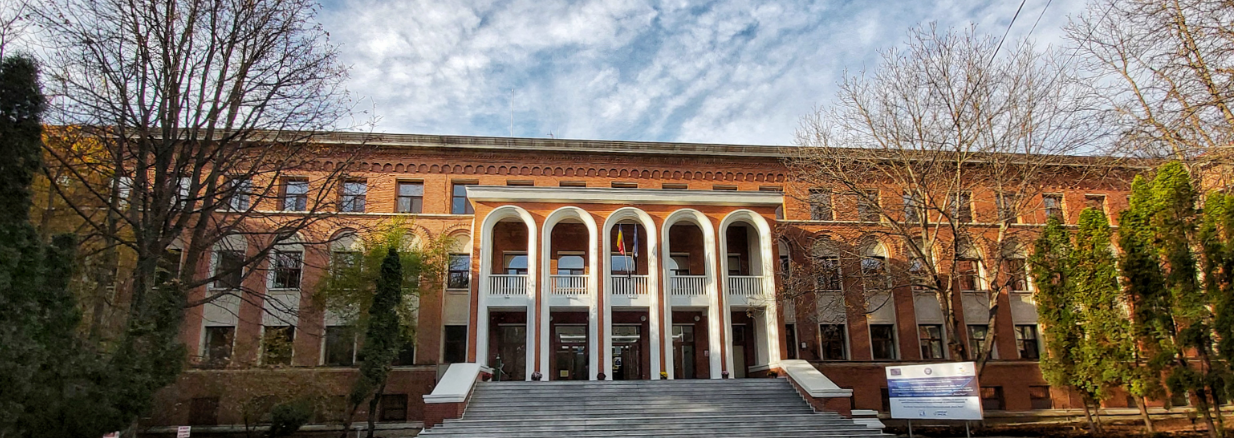The objective of this project is to employ Pickering Emulsion Polymerization Technology (PEmPTech), which utilizes nanoparticles for facile production of advanced ion-imprinted polymer (IIP) architectures, and use these in extraction of ions from wastewater and hydro mining. The proposed IIPs architectures are either colloidosomes, microparticles with nanostructured surfaces, polymer blocks or polymer films or membranes resulted from polymerization of oil-in-water (o/w) and water-in-oil (w/o) Pickering emulsions carrying specific ion recognition sites. These novel polymer architectures are expected to be capable to demonstrate absorption of metal ions from water samples spiked with various ions that simulate wastewater and sea waters or other ion matrices, but more importantly to be extremely versatile with respect to their potential use in various engineering designs and set-ups for metal ion extraction and recovery.
Objective I
Design and synthesis of several model ligands for generating metal ion complexes and chelates soluble in vinyl bearing monomers that are liquids and immiscible with water such as styrene, divinylbenzene, acrylate and methyl methacrylate derivatives, vinylbenzene chloride, etc;
Objective II
Synthesis of homologous series of amphiphilic JNPs spanning the entire HLB range of values for producing stable o/w and w/o Pickering emulsions from the monomer mixtures generated in Objective I;
Objective III
Synthesis of IIPs in the form of microparticles (colloidosomes) via o/w Pickering emulsion polymerization;
Objective IV
Synthesis of porous IIP monoliths from w/o emulsions;
Objective V
synthesis of IIP films/membranes by casting the w/o Pickering emulsions in different shapes and forms;
Objective VI
testing the IIPs in laboratory conditions for absorption capacity and selectivity towards a series of metal cation species from model water samples;
Objective VII
optimization of ion-imprinted polymer matrices for, enhanced ion absorption capacity, such as better water wettability and better ion absorption by tuning the hydrophilic character of the polymer matrix. | 







